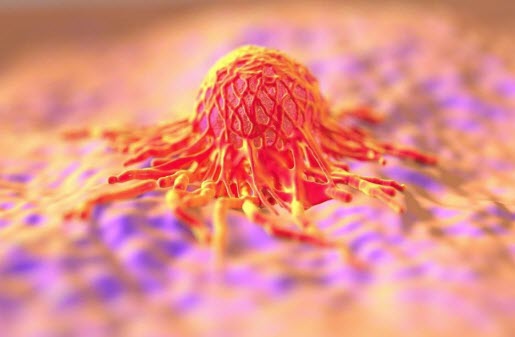IN-VITRO ANTIPROLIFERATIVE ACTIVITY OF M. AZEDARACH
{ DOWNLOAD AS PDF }
ABOUT AUHTORS
Deepak Chowrasia1*, Nisha Sharma1, Mohammad Arshad2
1 University Institute of Pharmacy,
CSJM University, Kanpur, U.P., India
2Molecular Endocrinology Lab, Department of Zoology,
Lucknow University, Lucknow, U.P., India
* chowrasia.deepak@gmail.com
ABSTRACT
Preliminary screening of different crude extract of. M. azedarach was evaluated against human cancer cell lines viz. MCF-7 (breast cancer), SaOS-2 (osteosarcoma), and A431 (epidermoid carcinoma) to search for better herbal based anticancer agent. Solvents used were water, methanol, ethanol, n-butanol, & n-hexane. It has been found that among solvents, methanolic extract of M. azedarach shows comparatively superior activity suggesting presence of phytoconstituents comprising polar functionalities.










